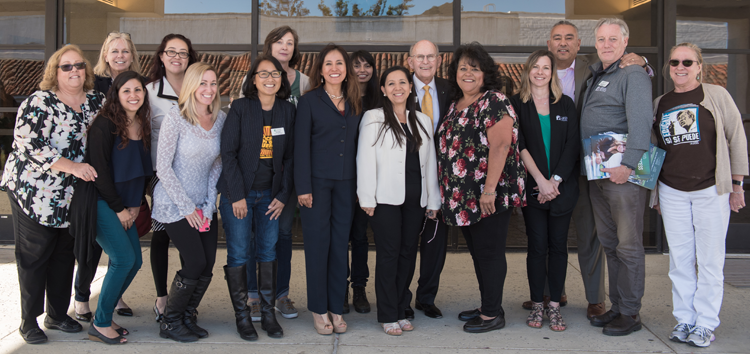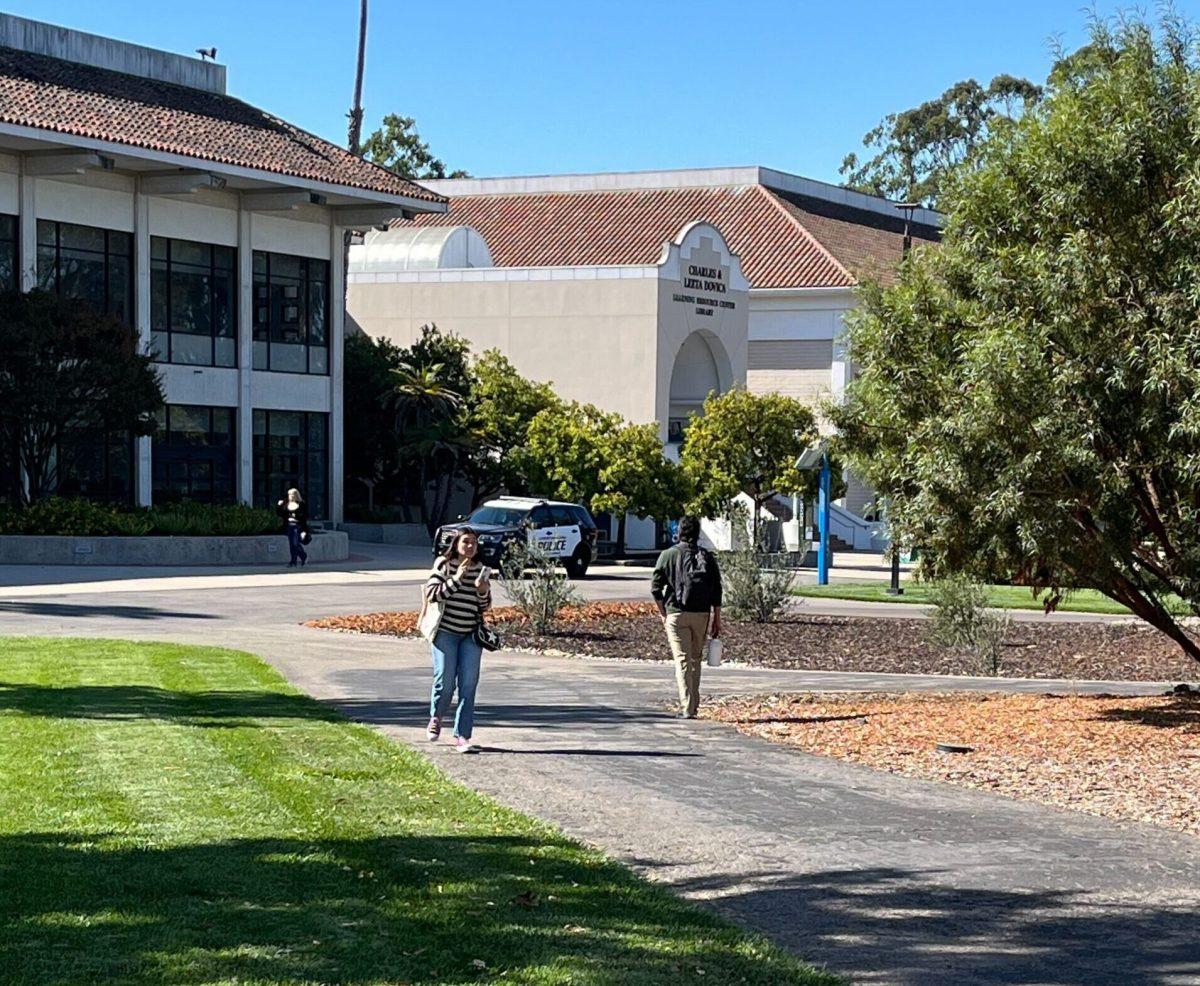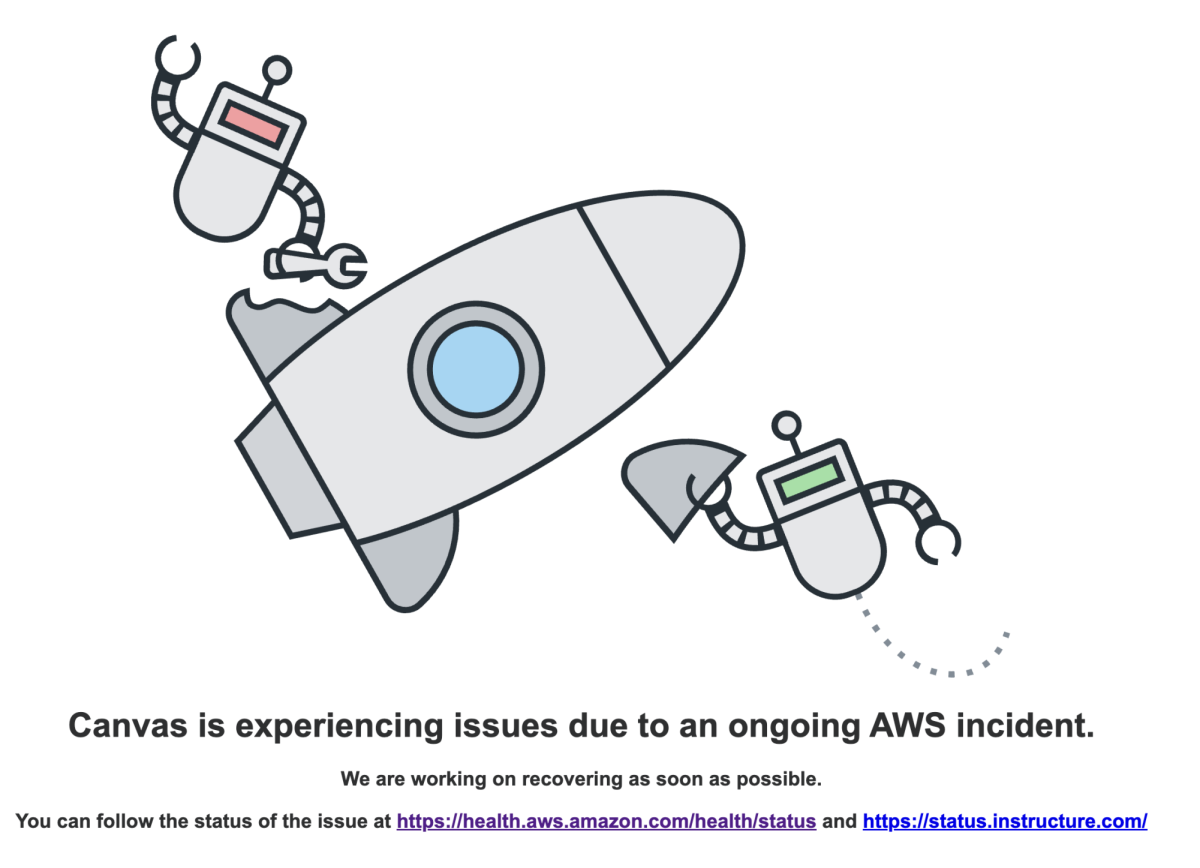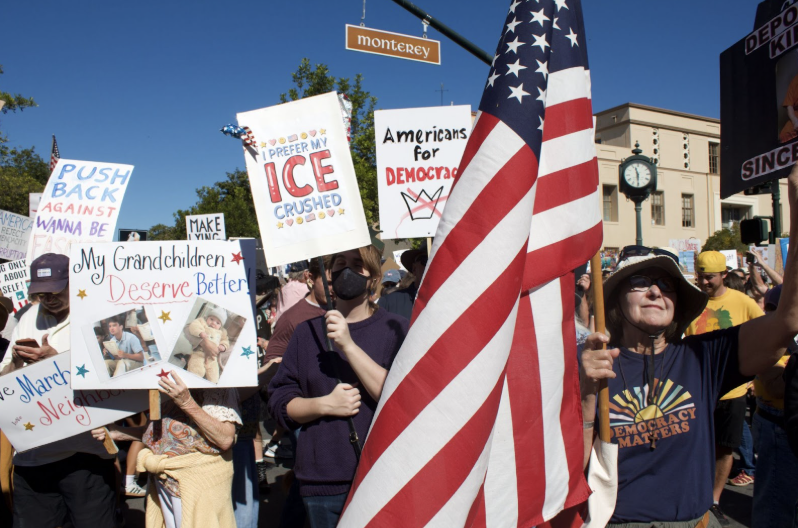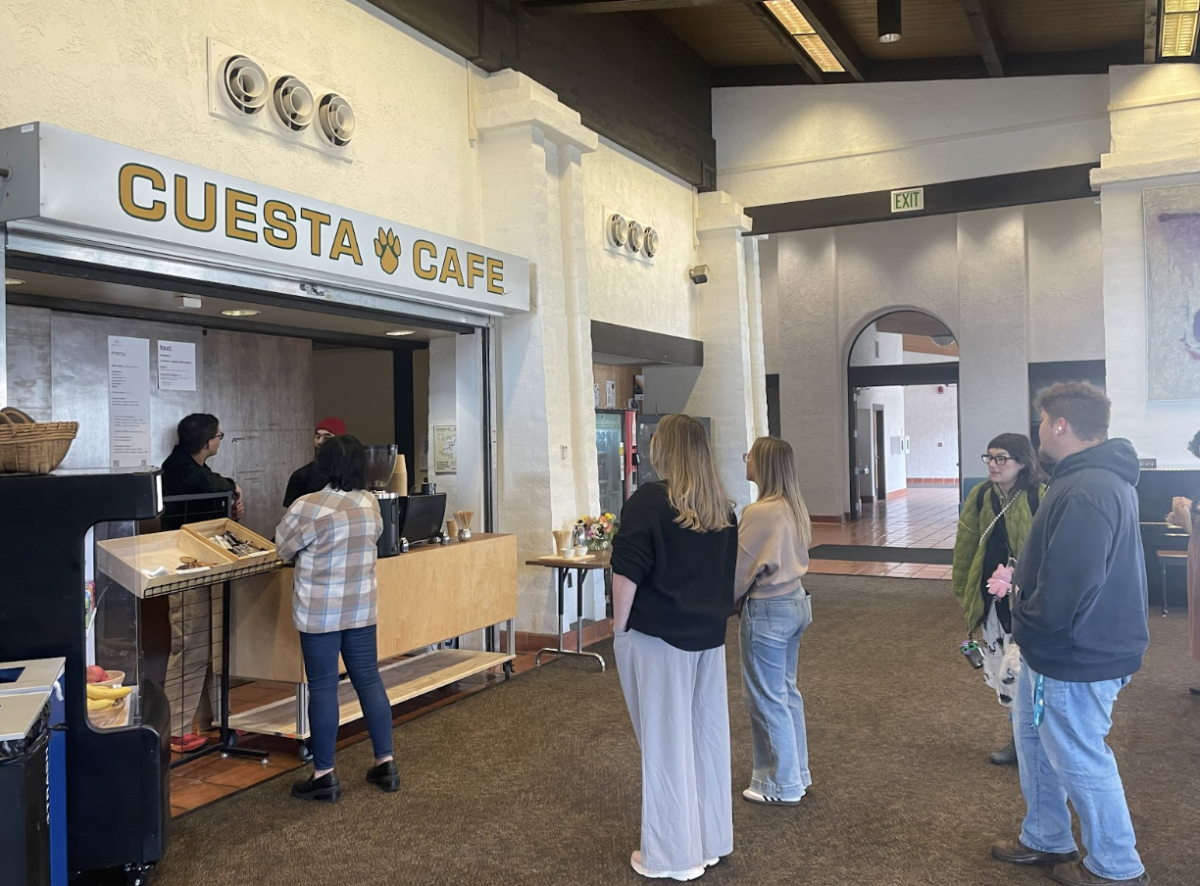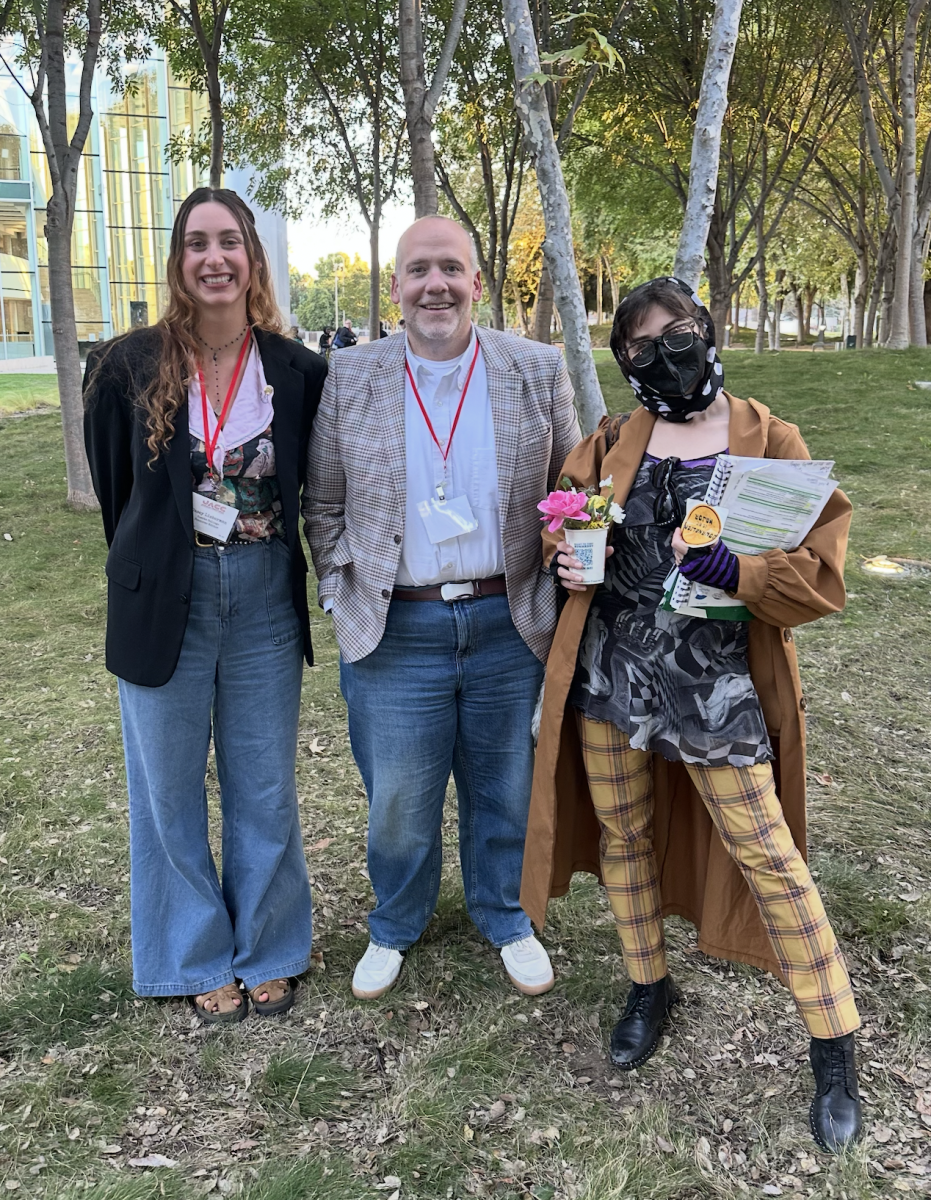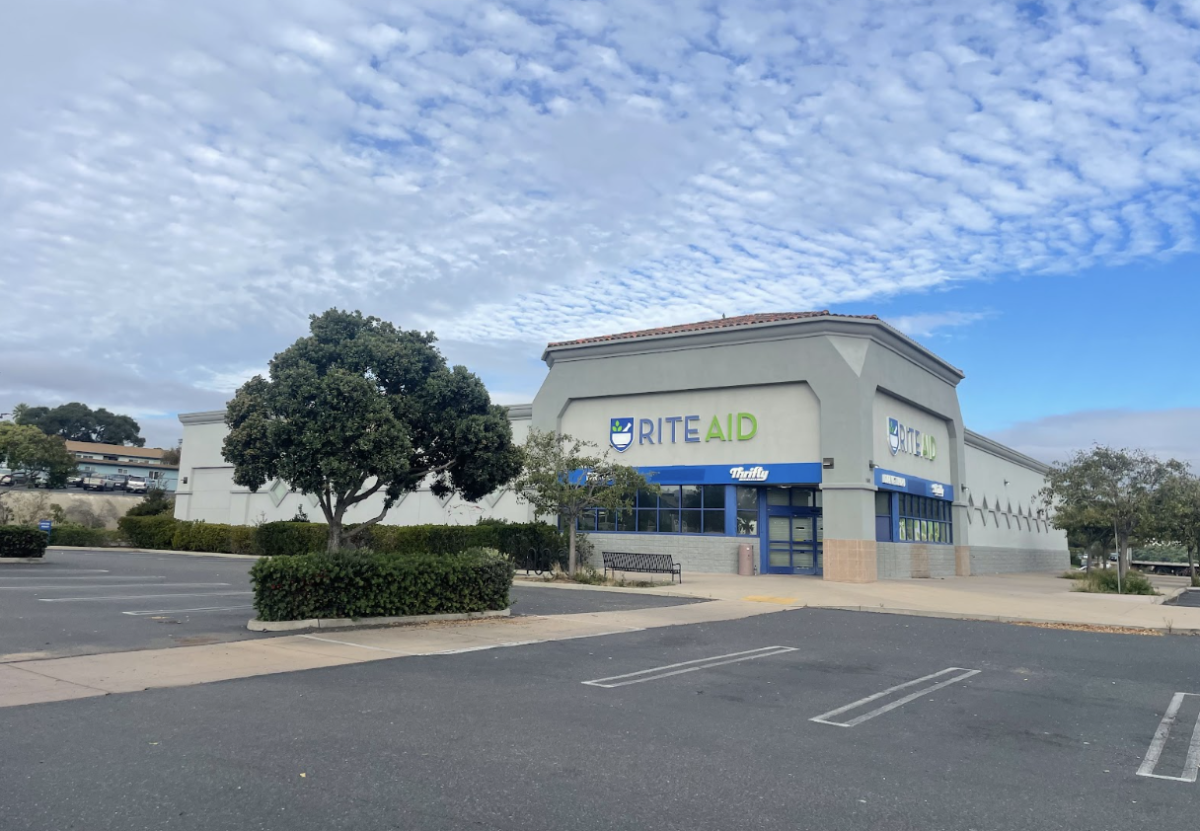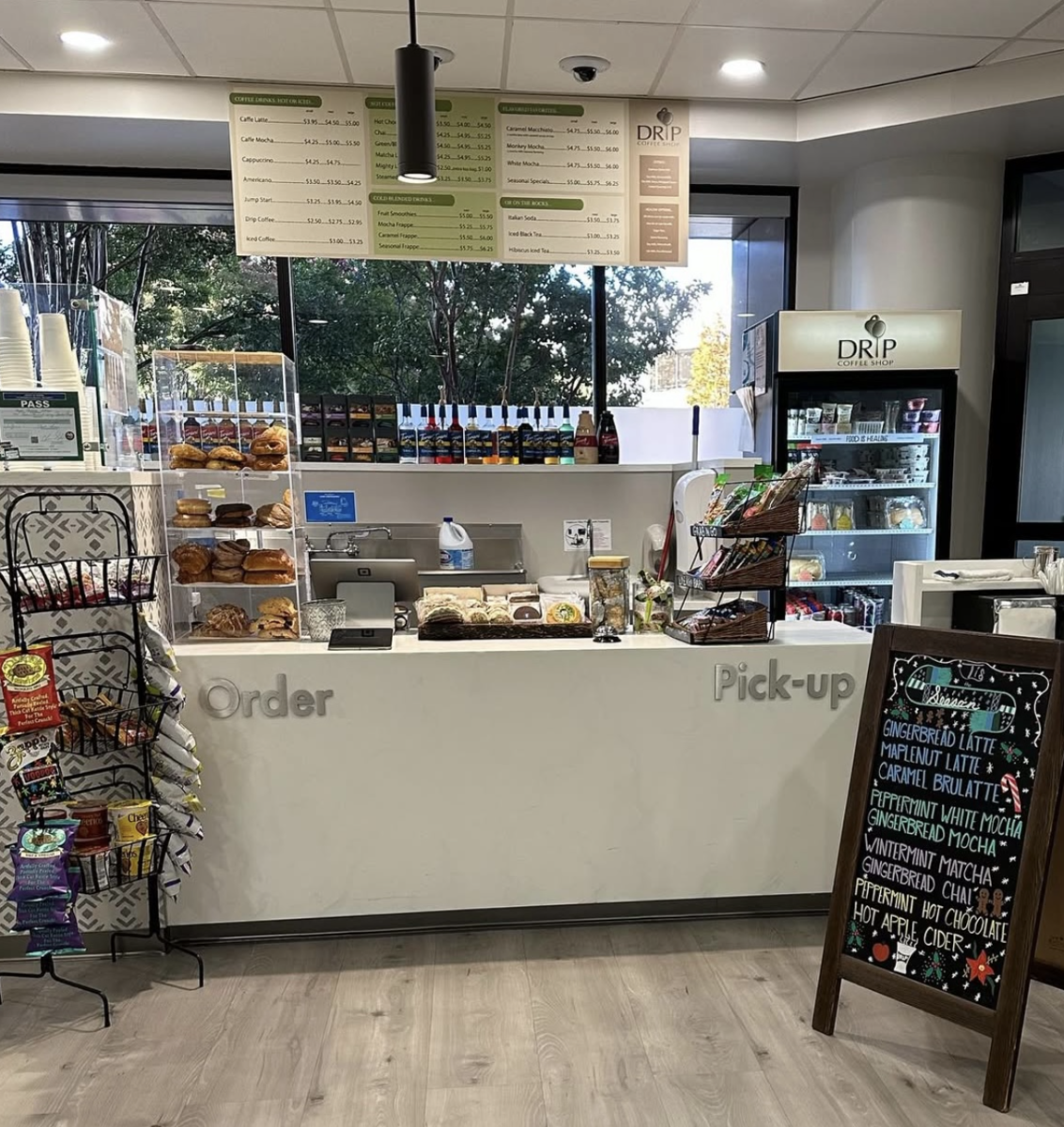Cuesta staff who organized the DACA forum and spoke during the event.
Photo by Alexander Bissell/Cuestonian
Conor Ney
Arts & Entertainment Editor
Cuesta recently hosted a forum offering support and guidance to undocumented students put in peril by the Trump administration’s decision to rescind the Deferred Action for Childhood Arrivals program
Held at the Cultural and Performing Arts Center on Sept. 22, the forum featured bilingual presentations, in both English and Spanish, from a representative of Congressman Salud Carbajal, and a representative of the Mexican Consulate.
“We have never experienced a time in California or the United States where so many lives are being tampered with, in terms of their hopes and their dreams,†said Cuesta College president Gil Stork.
The first presentation of the night, given by Blanca Figueroa on behalf of the office of Congressman Carbajal, focused on the direct and immediate actions undocumented students should take, as well as outlining the full repercussions of the rescinding of the DACA program.
The DACA program offered temporary protected status to undocumented immigrants brought into the country at a young age, allowing them to live without fear of deportation. The program is estimated to affect approximately 800,000 people nationwide and 9,000 people in San Luis Obispo county.
DACA was put into place by President Barack Obama in 2012, as an executive order. Figueroa stressed that because of DACA’s nature as an executive order, it was always a temporary solution, and that only if it was made into law by the powers of congress would it offer permanent safety.
Figueroa was confident that potential legislation may formally put DACA benefits into law, particularly highlighting the Dream Act of 2017, which has the most traction in congress among potential DACA replacements, and offers an eventual path to citizenship for DACA recipients.
“The Congressman is really optimistic that something good is gonna happen in congress because we only need a few votes,†Figueroa said.
A presentation by Javier Cerritos of the Mexican Consulate underlined the importance of getting documents in order, and that the Consulate offers services to obtain citizenship documents from Mexico.
“We have a saying in spanish,â€Cerritos said. “Don’t be undocumented twice. It’s hard to get your U.S. papers, but please have your Mexican papers.â€
“Sometimes people wait until they have an emergency to get a document, but by then it’s too late,â€Cerritos said.
Cerritos also spoke to the fear surrounding Immigration and Customs Enforcement, the federal agency responsible for detaining and deporting undocumented immigrants.
“The best way to tell ICE I’m here is to commit a crime. This does not mean you should not call the police if you have an emergency. Lots of people have avoided calling the police out of fear of repercussions, Cerritos said.
Both Cuesta police Chief Brian Millard and San Luis Obispo police Chief Deanna Cantrell echoed the sentiments that local law enforcement does does not enforce federal immigration laws.
“We don’t care what your immigration status is. We won’t ask what your immigration status is,†Cantrell said.
San Luis Obispo Mayor Heidi Harmon spoke of the city’s status as a “Welcoming City,†per a resolution passed in April by a unanimous vote. As a welcoming city San Luis Obispo does not directly enforce immigration laws or spend city money investigating immigration status.
“Nowhere in our goals as a police department do we wonder who you are,†Millard said. “We will not stop you, detain you, or arrest you based solely on your immigration status.â€
Further, Cantrell stated that the San Luis Obispo police department will not assist ICE in detainment if there is no criminal violation. However, the police department will cooperate with ICE in the event that the subject has committed a criminal violation.
A final presentation, titled UndocuAlly, dealt with the experience and struggle of being an undocumented student in America.



